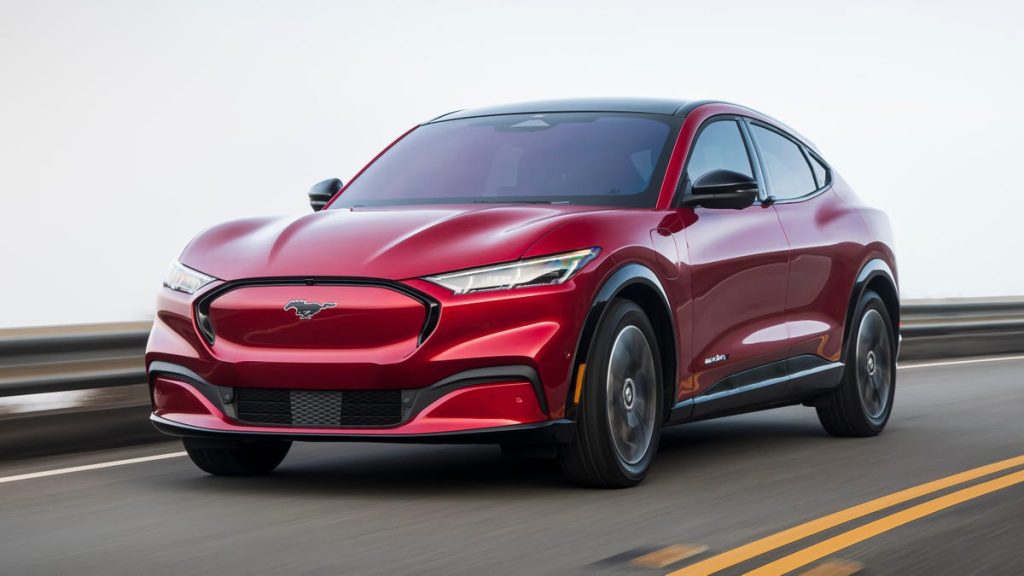Ford Claims EV Production Requires 40 Percent Less Labor

Photo: Ford
One underappreciated benefit of electric vehicles is that maintenance costs are typically way lower than gas-powered cars. You still need to buy tires, but regenerative braking means you’re not replacing brake pads as frequently. You also don’t have to worry about adding coolant or engine oil, changing spark plugs, or replacing a bad starter. But while that benefits consumers, it also benefits automakers.
CleanTechnica reports that according to Ford CEO Jim Farley, the labor cost of EV production is about 40 percent lower than a traditional ICE car. On the one hand, that makes sense. Parts you don’t have to worry about replacing are also parts they don’t have to pay someone to install in the first place.
But on the other hand, that’s a surprisingly large number. A full 40 percent? Wow.
Unfortunately for factory workers, being paid hourly means that the significant reduction in each automaker’s labor needs is also a threat to their paychecks and ultimately their jobs. Call them “cushy union gigs” all you want, but these are real people whose livelihoods are at risk and who have families that depend on them to pay the bills.
Instead of doing mass layoffs, Farley reportedly wants to retrain current employees instead. That means doing less outsourcing and bringing more work in-house. “We have to insource, so that everyone has a role in this growth,” he said.
G/O Media may get a commission
Theoretically, that could involve moving workers from vehicle production to battery production. But will Michigan-based workers want to move to Kentucky or Tennessee to work at Ford’s new battery production facilities? And will they have to give up their union memberships to retain their jobs? It’s nice that Ford seems to care about retaining workers as it shifts to EVs, but currently, there are still a lot of questions left to be answered.




